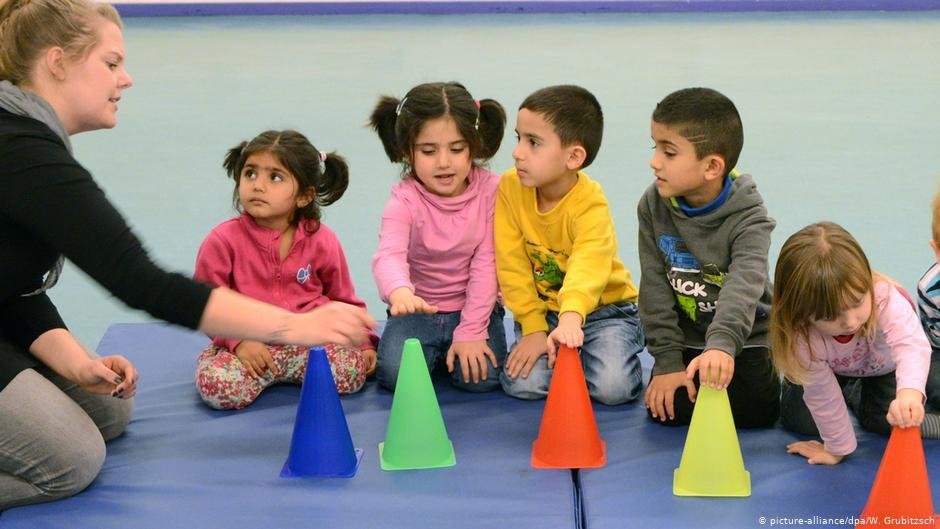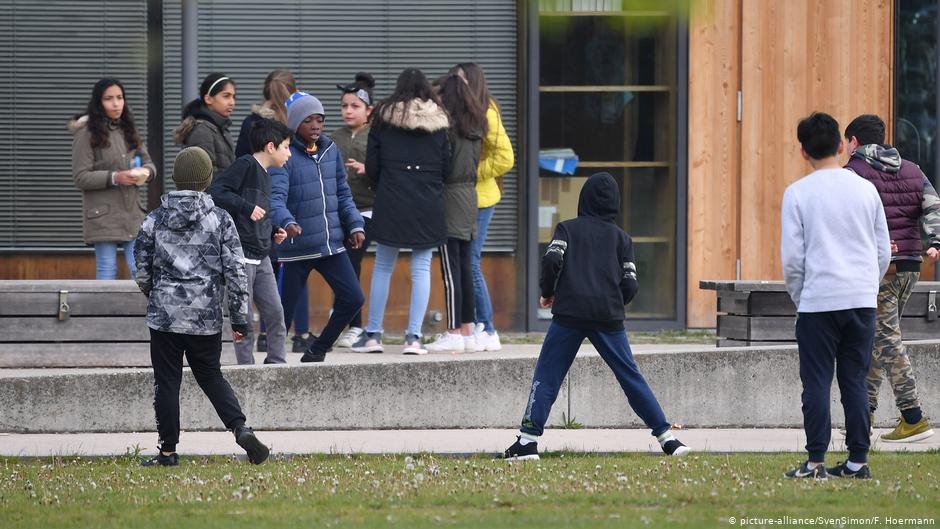The founders of a pen-pal program called 360 Letters said they hoped to open up conversations about migration among young people and promote a better appreciation of diverse communities.
The two founders of a grassroots organization based in London are planning to launch a nationwide letter-writing initiative aimed at fostering understanding and connection between migrant and UK-resident children.
The initiative, called 360 Letters, started as a pilot project during the COVID-19 lockdown. Children who had recently arrived in the UK from countries in the Caribbean, Africa, and Russia exchanged letters with primary school students who were either born in the UK or had lived there for a significant period. The children became pen pals to one another and exchanged letters between May and July 2022, sharing stories about their experiences and cultures.
The two co-founders of the program, Massy Spencer and Helen Valentine, said that the positive feedback from schools and parents who participated in the program was key to their plan to launch the scheme nationwide. Spencer and Valentine hope to create a “ripple effect” that would open up conversations about migration among young people and promote a better understanding and appreciation of diverse communities.
At the end of the program, an exhibit showcased the participants' experiences through interviews which showed the positive impact the initiative reportedly had on both the migrant and UK-resident children.
Many of the children who were residents of the UK were said to have participated in the program to welcome migrant kids and make them feel less lonely. The sharing of personal stories about their life and cultures helped them discover shared interests and experiences that made them realize that their commonalities overshadowed their differences.
Spencer and Valentine started 360 Letters as one of the programs under Kids Against Racism, a community organization they started following the death of George Floyd at the hands of US law enforcement and the protests it sparked worldwide.
Not too young to talk about race
According to EmbraceRace, a US-based NGO that focuses on racial learning, emerging research has shown that children start to form racial sensibilities such as distinguishing faces by face as early as infancy. These racial sensibilities develop into racial and other biases by kindergarten and go on to be entrenched throughout adolescence and adulthood.

However, most learning resources on racial learning and racial equality are skewed toward older children. Specifically, EmbraceRace stated that on average, adults believe that first conversations about race should start when a child is about five years old. Adults often think that delaying racial learning will preserve a child's innocence.
The NGO has produced a range of age-appropriate resources that encourage parents, caregivers, and teachers to have active discussions about racism and inequality as ongoing conversations.
Effects of racism on children
A 2020 report by Runnymede, a research organization that focuses on structural racism, described racism in the UK education system "as deeply embedded". An estimated 49 percent of young Black people considered racism in schools to be the biggest barrier to educational success.
To address racist incidents, UK legislation requires that all schools comply with the Equality Act 2010 and not unlawfully discriminate against pupils or prospective pupils on the grounds of race or other protected characteristics.
In addition, all schools are required to have a behavior policy by law, with measures to prevent all forms of bullying. The UK Ministry of Education published a self-review tool called ‘Respectful School Communities’ to support schools in developing approaches that promote respect and "combat bullying, harassment and prejudice of any kind, including ethnicity-based bullying".
Meanwhile, the findings of interviews with teachers indicated a need for greater diversity among teaching staff. The teachers suggested that having more diverse role models could inspire ethnic minority pupils, thereby raising their aspirations and improving their educational outcomes.
In the same year, a study from the University College London (UCL) reported that 46 percent – or nearly half -- of schools do not have a teacher from an ethnic minority background.

According to the National Society for the Prevention of Cruelty to Children (NSPCC), a leading UK children’s charity, racism and racial abuse or bullying can lead to feelings of isolation, depression, anger, or even shame in a young person about their race or appearance. The NSPCC describes racial abuse as being either overt or openly hostile. Acts of racial abuse can include being called racist names, receiving threats, or subtle comments that undermine a child's experience or identity. Any form of racism is harmful and can significantly impact the mental health of children and young people.
On their website, the NSPCC reported that their helpline provided 302 counseling sessions to children who mentioned experiencing bullying or cyberbullying targeting their race, ethnicity, religion, or culture in 2022 and 2023.
